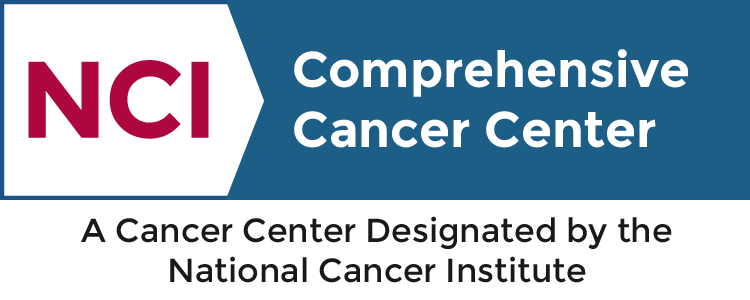The NCI-Designated Cancer Centers are recognized for their scientific leadership, resources, and the depth and breadth of their research in basic, clinical, and/or population science. Comprehensive Cancer Centers demonstrate an added depth and breadth of research, as well as substantial transdisciplinary research that bridges these scientific areas.
While the national network of Cancer Centers forms the backbone of NCI’s programs for studying and controlling cancer, NCI also conducts a wide range of other activities, including:
- Provide research grants and cooperative agreements to coordinate and support research projects conducted by universities, hospitals, research foundations, and businesses throughout this country and abroad.
- Conduct research in our their laboratories and clinics.
- Support education and training in fundamental sciences and clinical disciplines for participation in basic and clinical research programs and treatment programs relating to cancer through career awards, training grants, and fellowships.
- Support research projects in cancer control.
- Collaborate with voluntary organizations and other national and foreign institutions engaged in cancer research and training activities.
- Encourage and coordinate cancer research by industrial concerns where such concerns demonstrate a particular capability for programmatic research.
- Collect and disseminate information on cancer detection, diagnosis, treatment, prevention, control, palliative care, and survivorship.





